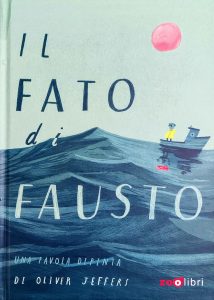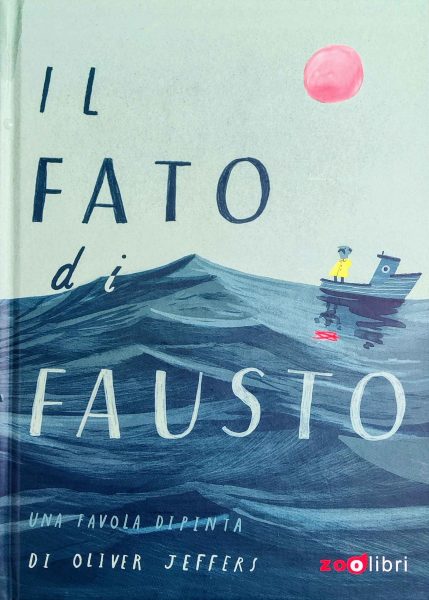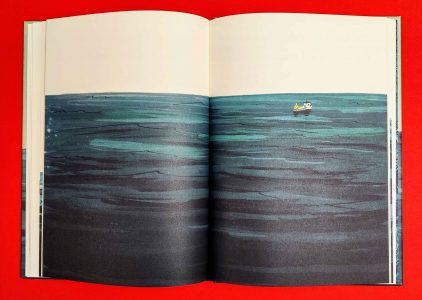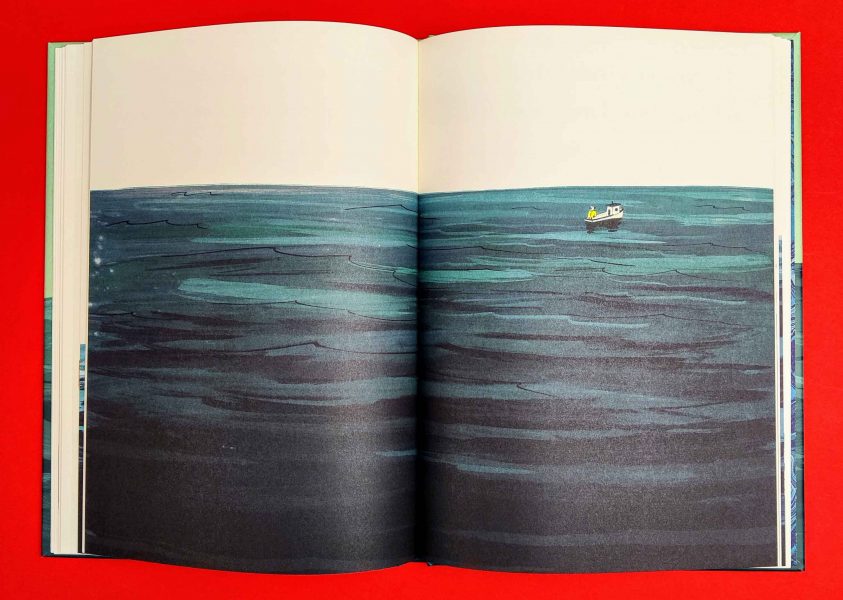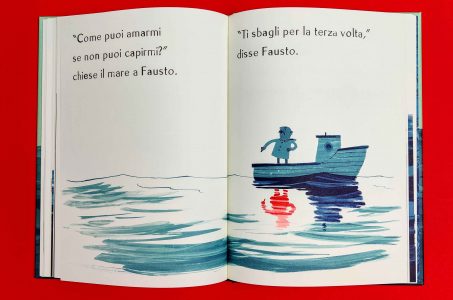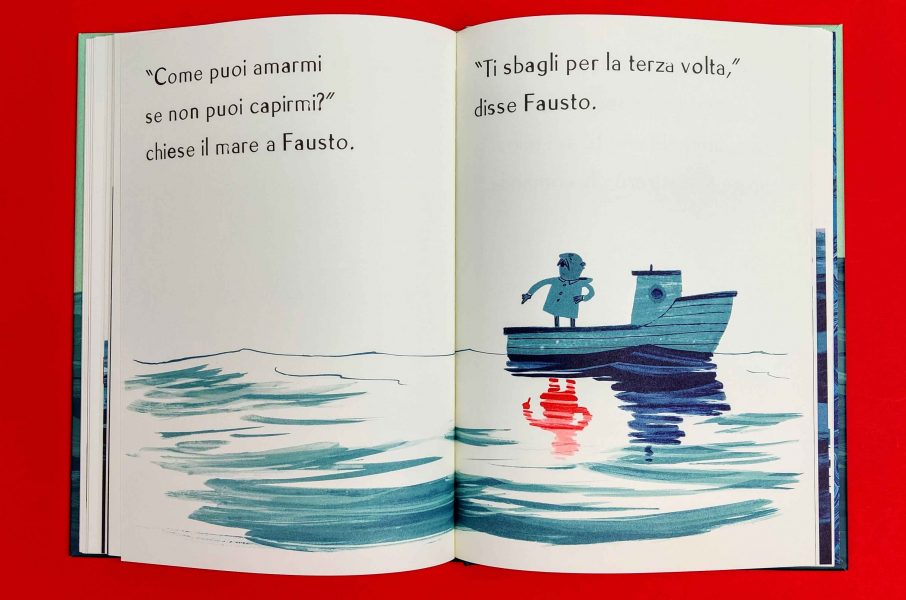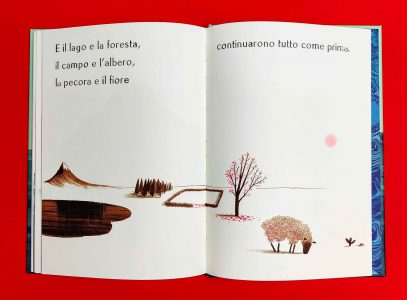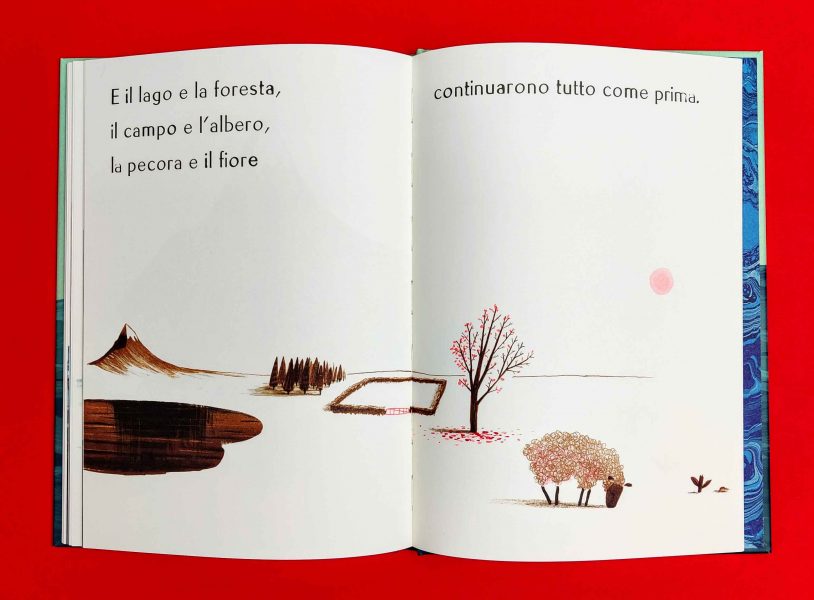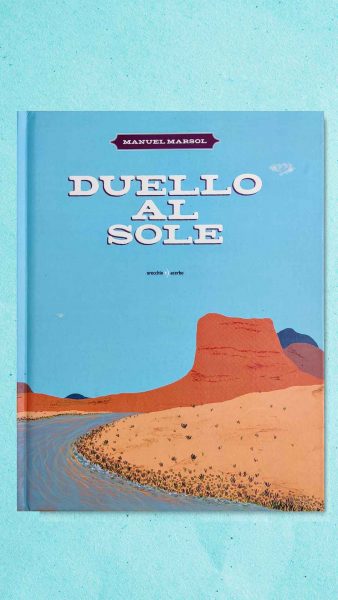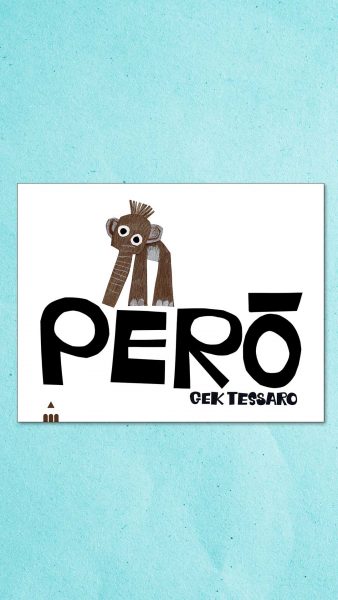IL FATO DI FAUSTO
Una favola dipinta
Oliver Jeffers
Zoolibri, 2021
Flower, sheep, tree, lake, mountain: everything seems to belong and bend to the will of Fausto, a man ‘convinced of owning everything’, impatient to count his possessions.
But when faced with the sea, with its immense intransigence and elusiveness, there is nothing to be done: anyone who wants to command is forced to yield. The sea questions man about what it means to possess, love and understand, and leaves him alone with his inadequate questions until he disappears, while all other things return to their own lives.
Reviews
DILETTA COLOMBO
Gilgamesh, Ulysses, Faust: mankind is always on a journey to find meaning and value in life. Today, caring for the planet and saving biodiversity in all its forms calls for a face-to-face, no-holds-barred confrontation with nature from childhood onwards – social, rather than ecological, change. “How can you love me if you cannot understand me?” the sea asked Fausto. “Animals and trees teach us not to know, to tolerate being in the world without the obsession to understand. Their lack of control seems to me to make their world no longer tiny, but vast and mysterious. They know how to abandon themselves, they know and teach a primary and radical trust. (Chandra Livia Candiani, Questo immenso non sapere, Einaudi 2021).
DEVORAH BLOCK
This universal fable about the modern human relationship with the natural world opens up into myriad conversations and reflections. Fausto’s imperious tirades, and Jeffers’ expressive depiction of them, are a great opening into considering the ways we express our own emotions and desires and how our actions may appear to others (including the distances between intention and result, self-perception and outer appearance). Fausto’s life and death as captured on these pages can also be a catalyst for important questions: When we go, will anyone care? Is that a good or a bad thing? And why? Readings and re-readings are capable of revealing new layers each time, including conversations about ownership, what it means to be in charge, and the strategic use of patience to deal with life’s bullies.



